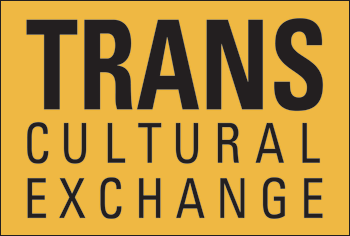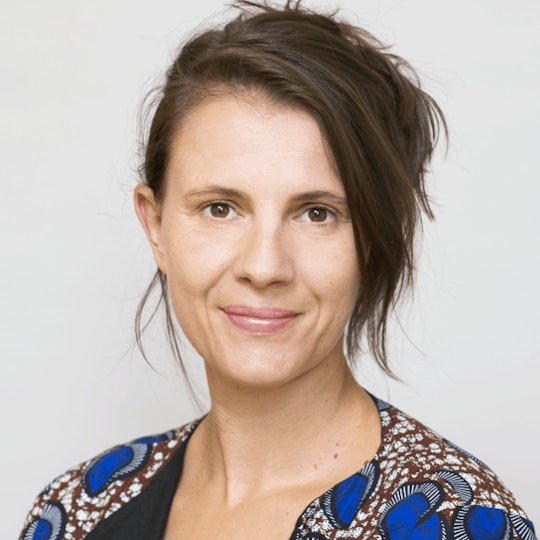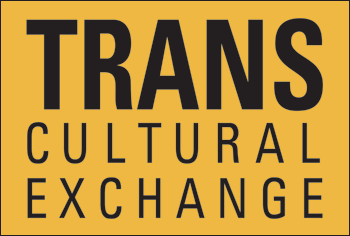As the COVID-19 pandemic continues to reshape society at all levels, authoritarian regimes are exploiting the sense of “national emergency,” leading to ever more crackdowns on artists and those who creatively dissent, often criminalizing artists under the guise of “spreading disinformation.” In the face of these challenges, artists have emerged as political actors and protest leaders, developing powerful new ways of resisting, mobilizing, and educating. In Cuba, Myanmar, and Belarus, artists have been at the forefront of mass demonstrations, supplying protest anthems and posters while drawing international awareness to human rights abuses in their countries. Government and state security forces have retaliated against artists with harassment, censorship, detention, forced disappearances, and other forms of persecution. In this panel, we will explore the relationship between COVID-19, authoritarianism, and the role of artists as political dissenters. We will discuss the increasing number of threats facing artists around the world in light of these challenges and how artists can best prepare themselves to address risk, and what unlikely opportunities may arise out of times of unrest. We will also provide an overview of the available resources for artists at risk, including opportunities for funding, relocation, and legal assistance.














